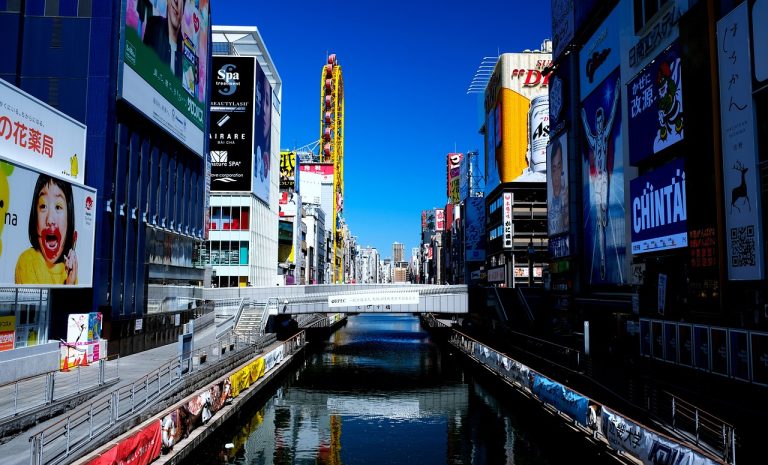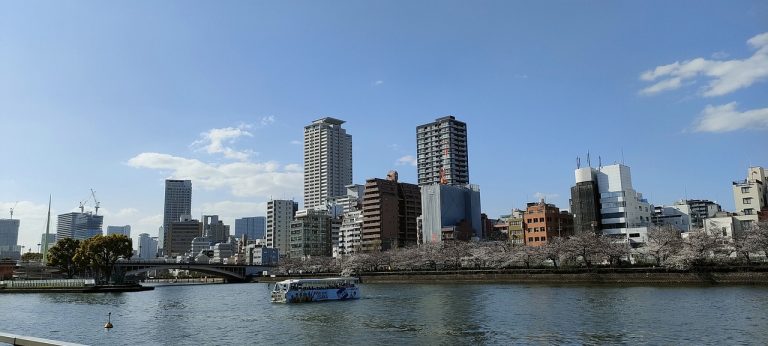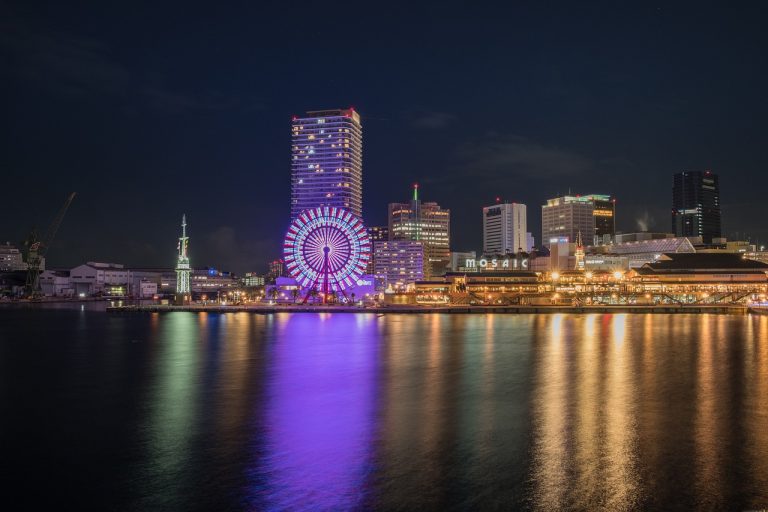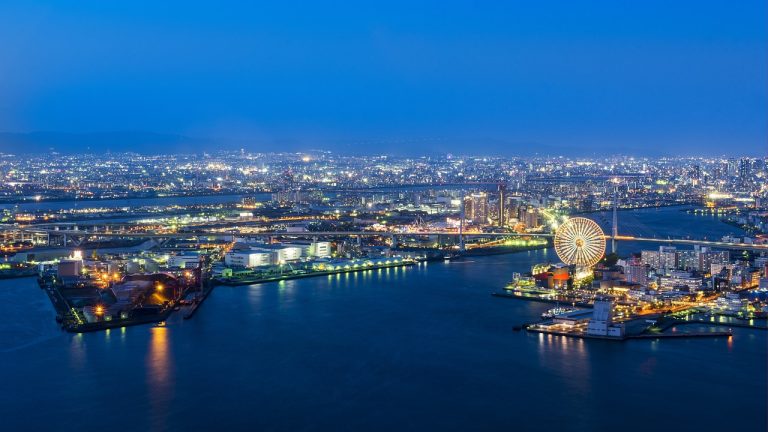Osaka Japan Video
Eco-tourism in Osaka Japan: Sustainable and Green Travel Options
Osaka, Japan, a vibrant and bustling city known for its modern attractions and rich cultural heritage, also offers numerous eco-tourism opportunities. From lush green spaces to sustainable initiatives, Osaka provides travelers with a chance to explore the city while minimizing their environmental impact. This article will delve into various sustainable and green travel options in Osaka, highlighting key attractions and practices that promote eco-conscious tourism.

Green Spaces and Parks
Osaka boasts several beautiful green spaces and parks that allow visitors to connect with nature while enjoying the city’s urban landscape. Some notable parks include:
- Osaka Castle Park: This expansive park is home to Osaka Castle, an iconic landmark of the city. Visitors can explore the castle grounds, stroll through the park’s gardens, and admire the cherry blossoms during the spring season.
- Expo ’70 Commemorative Park: Formerly the site of the 1970 World Exposition, this park offers a variety of outdoor activities and attractions. It features vast lawns, a Japanese garden, and a replica of the iconic Tower of the Sun.
- Utsubo Park: Located in the heart of Osaka, Utsubo Park is a serene oasis with lush greenery, ponds, and walking paths. It is a popular spot for locals and visitors alike to relax and unwind.
These parks not only provide recreational spaces but also contribute to the city’s efforts in preserving green areas and promoting biodiversity.
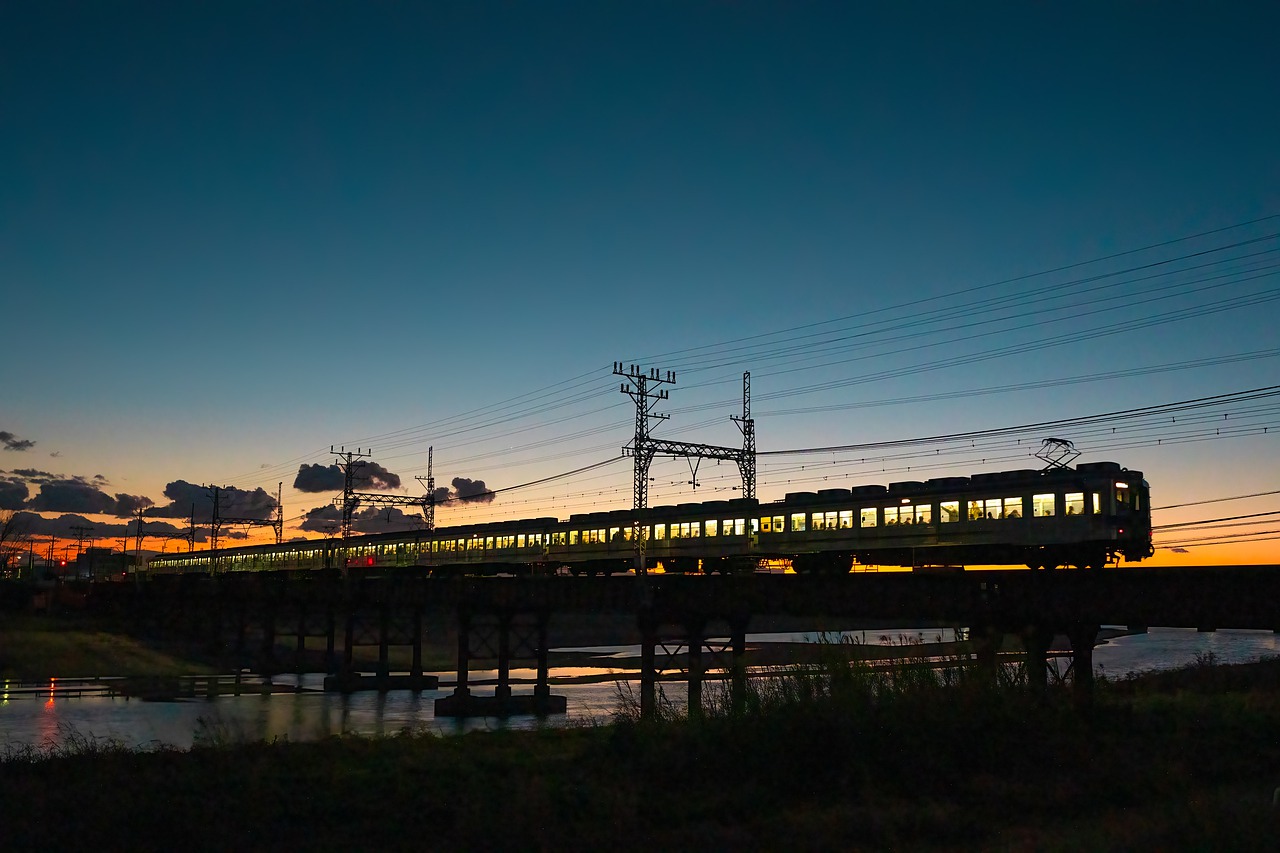
Sustainable Accommodation
When it comes to sustainable accommodation options, Osaka offers a range of eco-friendly hotels and guesthouses. These establishments prioritize energy efficiency, waste reduction, and responsible practices. Some examples include:
- Hotel Monterey Osaka: This eco-conscious hotel implements various green initiatives, such as energy-saving lighting, recycling programs, and the use of environmentally friendly cleaning products.
- Hostel 64 Osaka: With a focus on sustainability, this hostel promotes eco-friendly practices like waste separation, energy-efficient appliances, and the use of renewable energy sources.
- Guesthouse U-En: Situated in a renovated traditional Japanese house, this guesthouse incorporates sustainable design elements and encourages guests to reduce their carbon footprint through recycling and responsible energy usage.
By choosing environmentally conscious accommodation, travelers can support sustainability efforts while enjoying their stay in Osaka.
Cycling and Walking Tours
Exploring Osaka on foot or by bicycle allows tourists to experience the city’s charm while reducing their carbon footprint. Several tour operators offer eco-friendly guided tours, highlighting Osaka’s hidden gems and promoting sustainable transportation options. These tours often cover attractions such as:
- Dotonbori: A lively district known for its vibrant street food scene and iconic neon signs.
- Shinsaibashi Shopping Street: A bustling shopping district with a mix of traditional and modern stores.
- Osaka Bay Area: A waterfront area featuring attractions like Universal Studios Japan and the Osaka Aquarium Kaiyukan.
By opting for walking or cycling tours, visitors can immerse themselves in the local culture while minimizing their environmental impact.
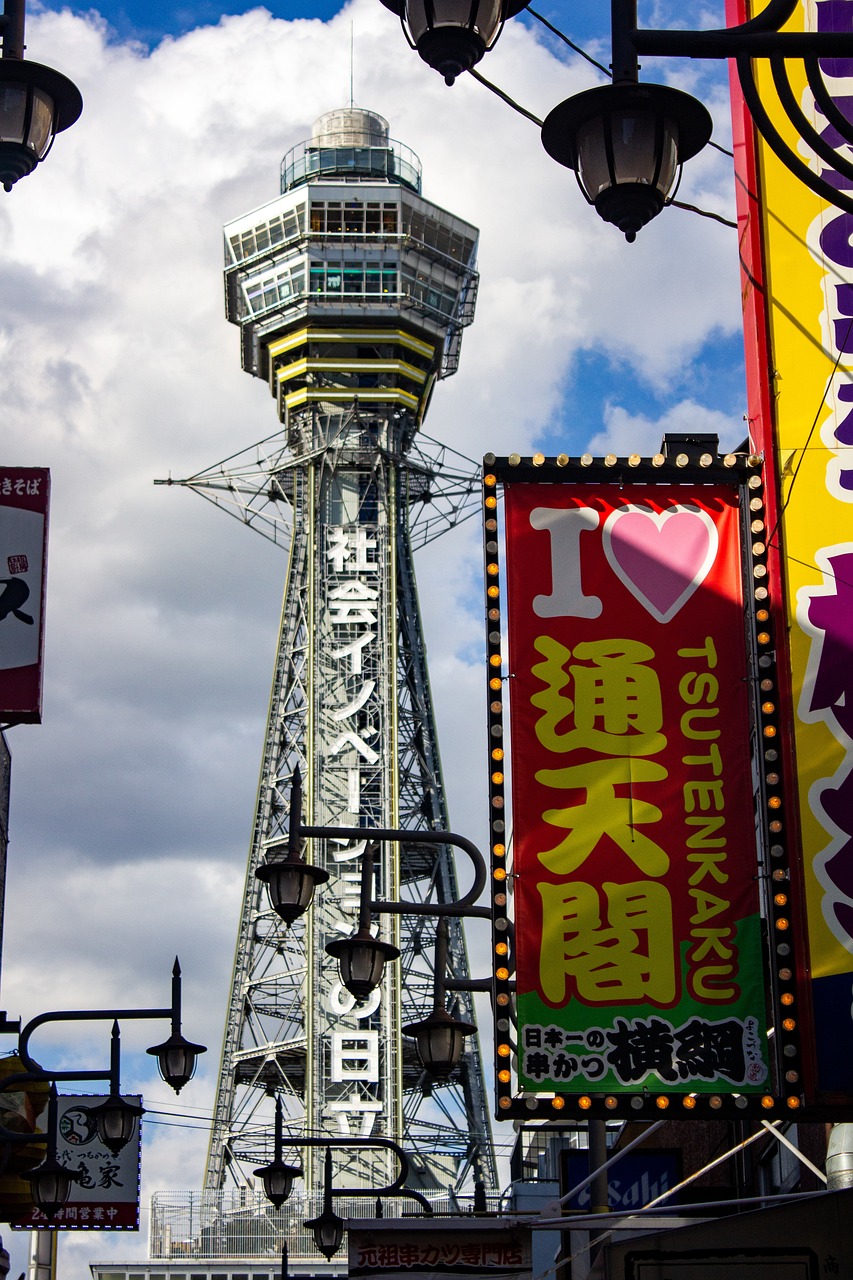
Sustainable Dining
Osaka’s culinary scene is renowned for its delicious street food and traditional dishes. Travelers can support sustainable dining practices by choosing restaurants that prioritize local and organic ingredients, as well as those that minimize food waste. Some eco-friendly dining options in Osaka include:
- Farmers Market Restaurant: This restaurant sources its ingredients directly from local farmers, ensuring fresh and sustainable produce in their dishes.
- Vegetable Café Soja: Known for its vegetarian and vegan-friendly menu, this café serves dishes made with organic and locally sourced ingredients.
- Osaka Eco Café: A social enterprise café that promotes sustainable practices, including composting, recycling, and reducing single-use plastics.
By supporting sustainable dining establishments, travelers can savor Osaka’s culinary delights while contributing to a greener food culture.
Environmental Initiatives
Osaka has implemented various environmental initiatives to reduce its carbon footprint and promote sustainability. These initiatives include:
- Public Transportation: Osaka’s efficient public transportation system, including trains and buses, encourages visitors to use eco-friendly modes of transportation instead of private vehicles.
- Waste Management: The city has implemented comprehensive waste management systems, including recycling programs and waste reduction campaigns, to minimize landfill waste.
- Renewable Energy: Osaka actively promotes the use of renewable energy sources, such as solar power, in public and private buildings to reduce reliance on fossil fuels.
These initiatives reflect Osaka’s commitment to creating a sustainable and eco-friendly city.
Supporting Local Communities
Engaging with local communities and supporting their sustainable initiatives is another way to promote eco-tourism in Osaka. Travelers can participate in community-based activities like:
- Farm Visits: Visitors can experience traditional farming practices by joining farm tours and engaging in hands-on activities like harvesting and planting.
- Volunteering: Various organizations in Osaka offer volunteer opportunities focused on environmental conservation, such as beach clean-ups and tree planting initiatives.
- Local Crafts: Supporting local artisans and purchasing their handmade crafts not only contributes to the local economy but also promotes sustainable and traditional craftsmanship.
By actively participating in community-based activities, travelers can have a positive impact on local communities while experiencing the authentic culture of Osaka.
Conclusion
Osaka, Japan, offers a range of sustainable and green travel options for eco-conscious travelers. From exploring its beautiful parks and gardens to staying in eco-friendly accommodations and engaging in community-based activities, visitors can experience the city while minimizing their environmental impact. By supporting Osaka’s eco-tourism initiatives, travelers can contribute to the preservation of the city’s natural beauty and cultural heritage for future generations to enjoy.
References
– Osaka Castle Park: osakacastlepark.jp
– Expo ’70 Commemorative Park: expo70-park.jp
– Utsubo Park: osaka-info.jp
– Hotel Monterey Osaka: hotelmonterey.co.jp
– Hostel 64 Osaka: hostel64.com
– Guesthouse U-En: guesthouse-u-en.com
– Farmers Market Restaurant: farmersmarketrestaurant.com
– Vegetable Café Soja: vegetable-soja.com
– Osaka Eco Café: osakaecocafe.com
– Osaka’s Public Transportation: osakastation.com
– Osaka Waste Management: osaka-info.jp
– Osaka’s Renewable Energy Initiatives: osaka-info.jp


